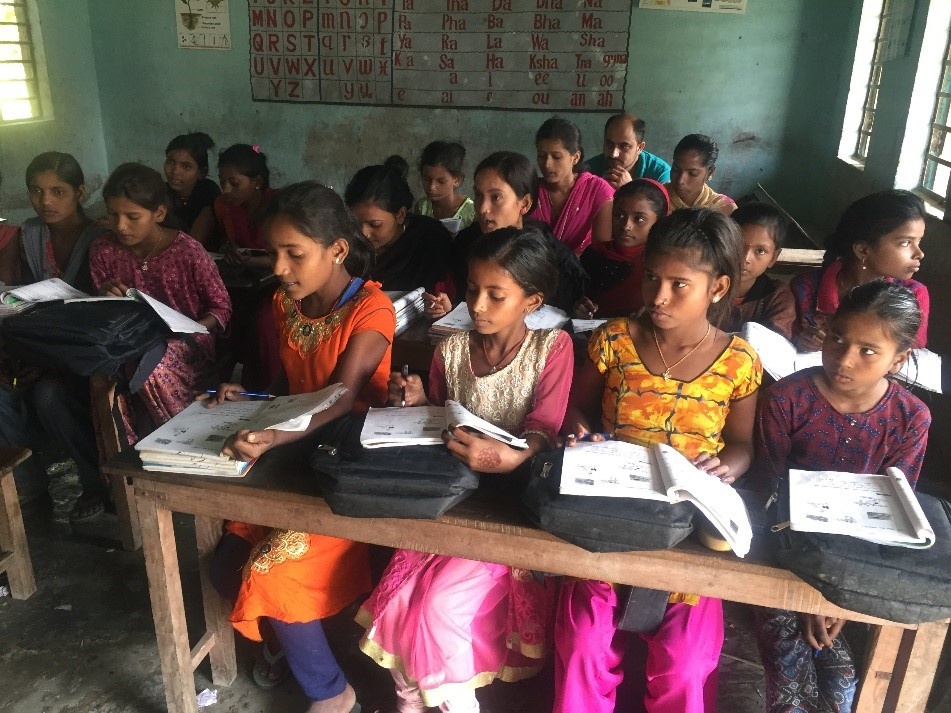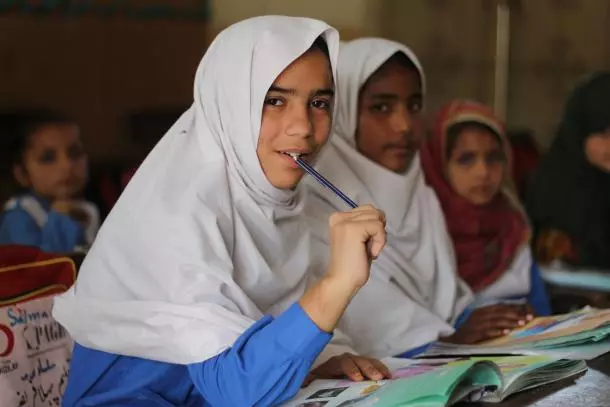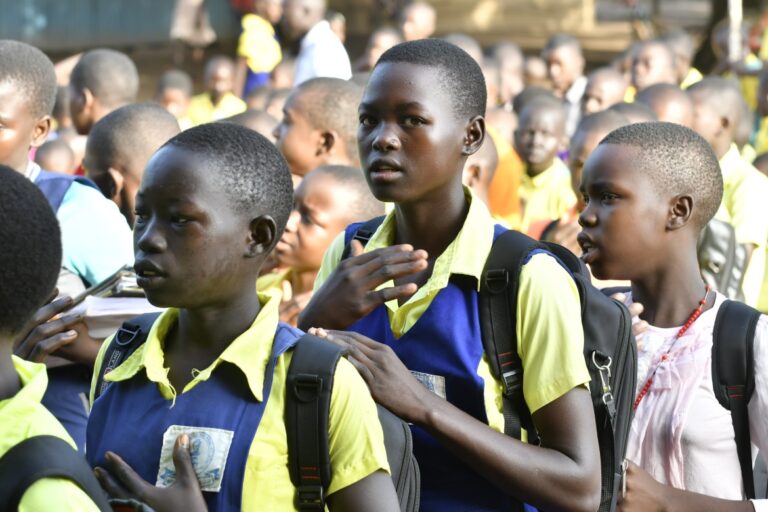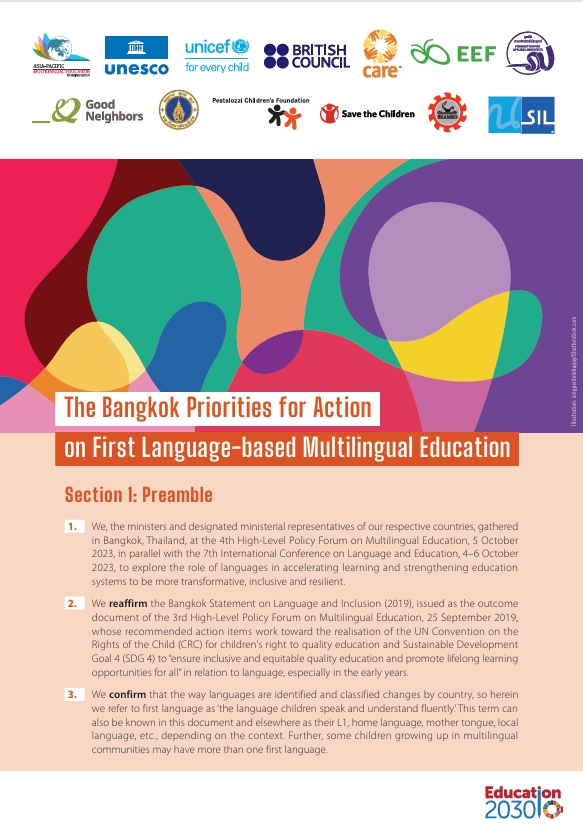The increasing global commitment to prioritize foundational learning has the potential to transform education systems and meet countries’ ambitious learning targets. However, the most marginalized children and young people still risk being left behind, without the benefits of basic literacy, numeracy and transferable skills.
To prevent this, efforts to improve foundational learning must start with the most marginalized and – where needed – extend beyond the early grades and formal primary schooling.
Including all marginalized children in foundational learning efforts is possible, but only with intentionality and focus. Seizing the opportunity to do this now will ultimately benefit all children.
Why focus on foundational learning?
Foundational skills are the vital literacy, numeracy and transferable skills (such as socio-emotional skills) required for children to be able to learn and thrive in education and beyond.
There is a shared mission and growing consensus on the need to improve foundational learning as a key element to transforming education. Within its first year, the Commitment to Action on Foundational Learning has been endorsed by 26 countries and 30 organizations.
How do marginalized children benefit from these skills?
Marginalized children face an unlevel playing field, contending with barriers such as conflict and displacement, pernicious gender norms, disability, rurality, climate shocks and extreme poverty.
Foundational skills can help them navigate and overcome these barriers, forming the basis for significant social, economic and stability benefits for society. Foundational learning supports these children to:
Who are the children that we need to focus on?
Unfortunately, in many low- and middle-income countries the vast majority of children are not learning.
Efforts to improve foundational learning should benefit all children—children in school but who are not learning, children in school and most at risk of dropping out, the 244 million children and young people out of school and often invisible to the system.
This figure unfortunately is likely to increase as fragility increases and climate shocks continue to disrupt an estimated 40 million children’s education per year.
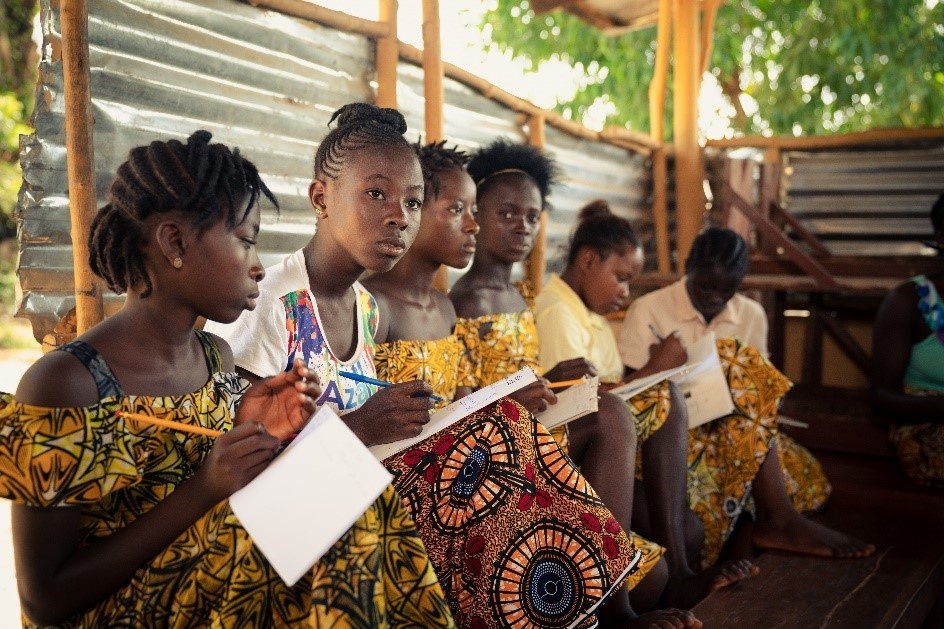
Isn’t it better to focus on improving systems for the majority of children?
In the long term, yes. Improving systems is vital to sustainably supporting all children to attain foundational skills early on, and then to progress through schooling and accrue the benefits of education.
There is increasing evidence on how to improve foundational learning at scale that can benefit the majority of children in school and not learning: the RAPID Framework, RISE’s 5 Acts or most recently, the GEEAP’s updated Smart Buys which include structured pedagogy and targeted instruction.
Examples of progress in foundational skill development, as seen in Sobral, Brazil, highlight how learning can be improved at scale through political intent and commitment, even within the context of tight economic constraints.
However, too many children who are not in or are about to drop out of school will not benefit from systems-strengthening efforts. They deserve to be seen and reached by any commitment to improving foundational learning for all, but this is likely to be a more complex undertaking involving tackling the very barriers they face to being in school and learning, whether displacement, pernicious gender norms, disability status or rurality.
Still, any additional scope and cost will be repaid through the significant benefits that foundational learning yields for the most marginalized, their families, communities and greater society.
Isn’t the Commitment to Action already focusing on all children?
The intention in the Commitment to Action is clear as expressed through this target:

The challenge though of how to remain committed to the most marginalized during implementation remains. Without constant focus, we will miss out on the opportunity to ensure that renewed efforts to improve foundational learning are adapted to reach all young people.
So what should we do?
For ministries, partners and donors wanting to reach all children – children in school and not learning, those at risk of dropping out and out-of-school children and young people – we recommend:

